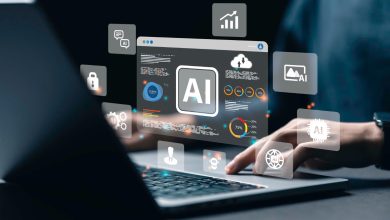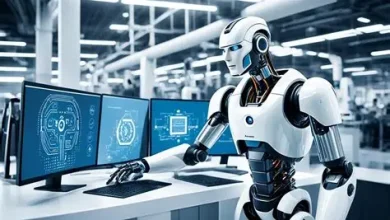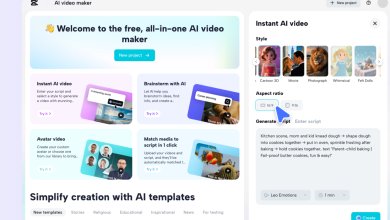
We’re witnessing the beginning of a fundamental shift in how people access and consume information. Search as we know it — keyword-based, link-driven, and browser-centric — is being replaced by something conversational, contextual and increasingly invisible.
It’s not happening overnight. But it is happening faster than many realize. And for brands, marketers, and platform leaders, this isn’t just a drastic change.
From Keywords to Conversations
Traditional search has always relied on user intent expressed through keywords. We typed in phrases. Google returned a list of links. We clicked, browsed and compared.
Today, with the rise of generative AI systems like ChatGPT, Gemini, Claude, and Meta AI, that model is starting to fade. Why type a question and sift through 10 tabs when you can ask once and get a direct, human-like answer?
Personally, I’ve noticed the shift in my own habits. I don’t Google basic questions anymore. I go straight to ChatGPT. And I’m not alone. This new pattern of asking AI instead of searching the web is only going to grow — especially for informational queries.
In short: we are moving from a “web of pages” to a “world of answers.”
The AI-as-Gatekeeper Era
The architecture of the web is being quietly rewritten. Where once brands optimized for algorithms (like Google’s search ranking), now they must optimize for AI agents — which act as filters, curators, even proxies for users.
These systems don’t show top-10 lists. They give one answer.
And that answer is shaped by:
- The structure of your content
- Your reputation and authority
- The semantic clarity of your data
- Whether your content is available to the AI model via APIs, crawlers, or fine-tuning datasets
The kind of content we’re writing now for our blogs — content we think is helpful and easy to read — is unfortunately going to lose its audience. People are getting used to not browsing websites anymore. They prefer getting everything in one smart, convenient window.
That’s why tools like ChatGPT mostly show content that’s well-structured for AI. Content that contains more structured, factual information is easier for AI to understand, so it gets processed and delivered to users in a clear, familiar format.
It looks like the future of blogging is shifting — blogs won’t be written mainly for people anymore. They’ll be written for AI to pick up, analyze, and turn into trusted, well-structured answers backed by data and social proof.
Super AI Apps Are Replacing Browsers
The shift from traditional browsers to Super AI apps will likely take around 2 to 5 years, depending on the type of user query and how quickly people change their habits.
- Informational queries (how to do something, where something is, why it matters, etc.) will move to AI faster — users won’t want to read long articles if they can get a direct, accurate answer through voice or chat.
- Transactional queries (shopping, booking, legal or financial actions) will stay in traditional interfaces longer — people still want transparency, control, and a familiar user experience in these cases.
What will radically change:
1. SEO will stop being a “top 10 on Google” game.
AI assistants don’t show a list of links — they give one answer.
Ranking algorithms will (and already do) rely on semantic trust, query context, and the reputation of the source — and they will be completely hidden from public view.
2. Online advertising will change format.
There will be no banners or clickable links. Instead, ads will be built directly into AI-generated answers as native content.
We’ll move from pay-per-click to pay-per-response — brands will pay to be part of the AI’s response context.
3. A new type of expert — the “AI-SEO” specialist — will emerge.
Their job won’t be just about keywords. It will be about optimizing facts, knowledge, and content for AI systems.
The goal is to become a trusted source that AI chooses to reference — through a mix of PR, authority building, structured data, and technical work (like schema.org, APIs, and content formatting).
What will stay the same:
Your website will remain the center of your online presence. It will continue to serve as the official representation of your brand, a trusted data source for AI systems to index and a hub for returning users with all the necessary features such as account login, tools, payment options, and APIs.
Organic traffic will still matter, especially in industries where trust in sources is critical — such as healthcare, finance, and B2B — and in scenarios that involve transactions, subscriptions, or customized services.
According to the report of OneLittleWeb, ChatGPT still sees approximately 26 times fewer daily visits than Google. While AI chatbots are growing fast, search engines continue to hold a dominant position in daily user engagement.
Why business leaders need to act now:
Customer acquisition channels are becoming increasingly fragmented. In the past, companies could rely on a combination of SEO, search ads, and social media to drive traffic and leads. These channels were well-understood and relatively stable.
In the near future, however, a major part of customer acquisition will depend on how a business ranks within AI systems — a process that is still largely opaque and unpredictable. Traditional channels won’t disappear overnight, but they will become just one part of a much more complex and dynamic landscape.




